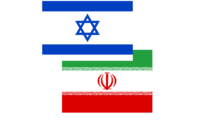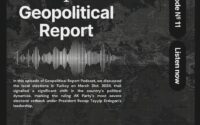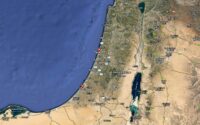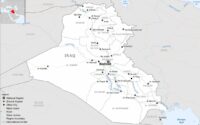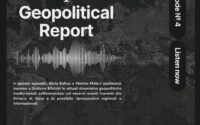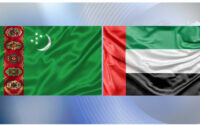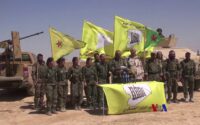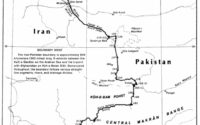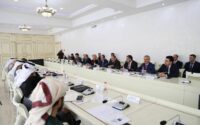Geopolitics of Cyprus: Economy, International Relations, and Current Challenges
Cyprus, a historically and culturally rich island nation situated at the nexus of the Eastern Mediterranean, embodies a unique blend of European and Asian influences. This report delves into the complexities of Cyprus’s geopolitical scenario, examining the multifaceted affects of its division, international relations, and resource discoveries.







